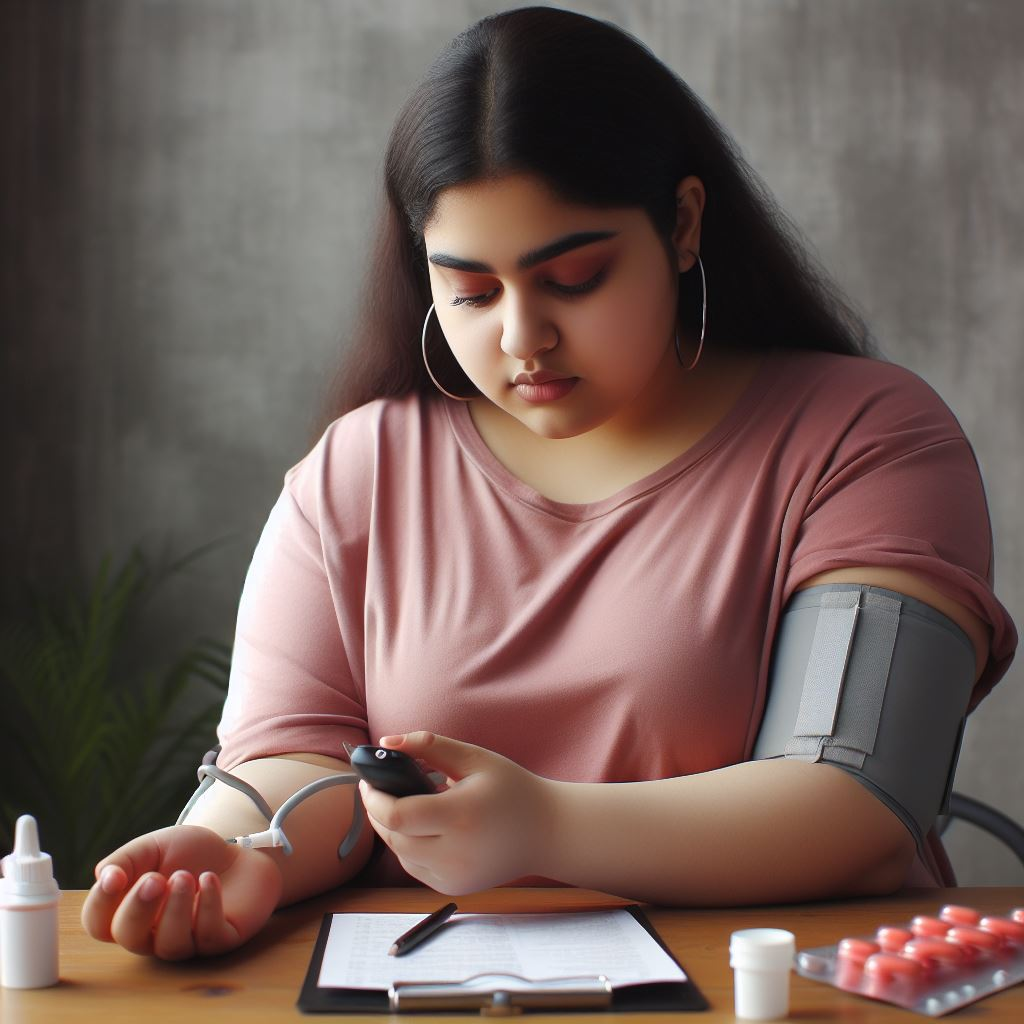
High blood pressure, often associated with adults, is increasingly becoming a hidden crisis among teens and kids. As parents, educators, and healthcare providers, it’s vital to understand this issue to prevent its detrimental effects on the younger generation’s health and well-being.
Understanding High Blood Pressure
Causes and Risk Factors Is Your Blood Sugar Drain Blocked?
High blood pressure in adolescents and children can result from a combination of factors, including genetics, unhealthy lifestyle habits, and underlying medical conditions. Factors such as obesity, poor diet, lack of physical activity, and family history of hypertension contribute significantly.
Symptoms and Signs
Unlike adults, teens and kids with high blood pressure may not exhibit noticeable symptoms. However, some signs include headaches, dizziness, blurred vision, and fatigue. Regular blood pressure screenings are crucial for early detection.
Diagnosis
Diagnosing high blood pressure in children involves multiple blood pressure readings over time. Healthcare providers also consider family history, physical exams, and any underlying conditions contributing to hypertension.
Impact on Teens and Kids
Health Consequences Is Your Blood Sugar Drain Blocked?
Untreated high blood pressure in adolescents and children can lead to severe health issues such as heart disease, stroke, kidney problems, and vision impairment. Addressing hypertension early is critical to prevent these long-term complications.
Psychological Effects
Living with a chronic condition like high blood pressure can take a toll on a child’s mental health. They may experience anxiety, stress, or depression, affecting their academic performance and social interactions.
Prevention and Management
Lifestyle Changes
Encouraging healthy habits from a young age can significantly reduce the risk of high blood pressure. Promote regular physical activity, limit screen time, and ensure a balanced diet rich in fruits, vegetables, and whole grains.
Dietary Adjustments
Limiting sodium intake and avoiding processed foods can help control blood pressure levels. Encourage drinking plenty of water and opting for fresh, nutritious snacks over sugary or salty options.
Stress Management
Teaching stress-relief techniques such as deep breathing, mindfulness, or yoga can empower teens and kids to manage stress effectively, reducing the risk of hypertension.
Support and Resources
Family Support Is Your Blood Sugar Drain Blocked?
Families play a crucial role in supporting children with high blood pressure. By adopting healthy habits as a family, parents can set positive examples and create a supportive environment for managing hypertension.
Medical Intervention
In cases where lifestyle changes alone aren’t sufficient, medical intervention may be necessary. Healthcare providers may prescribe medication or recommend specialized treatment plans to manage high blood pressure effectively.
Raising Awareness
Education Initiatives
Educating parents, teachers, and healthcare professionals about the prevalence and risks of high blood pressure in teens and kids is essential. School-based programs, community workshops, and online resources can help raise awareness and promote early intervention.
Conclusion

High blood pressure is not just an adult problem—it affects teens and kids too, often going unnoticed until serious health issues arise. By understanding the causes, symptoms, and consequences of hypertension in the younger population, we can take proactive steps to prevent and manage this hidden crisis.
FAQs
1. Can high blood pressure in children be reversed with lifestyle changes alone? Yes, in many cases, adopting healthy habits such as exercise and dietary adjustments can effectively manage and even reverse high blood pressure in children.
2. How often should children have their blood pressure checked? Children should have their blood pressure checked at least once a year during regular check-ups with their pediatrician.
3. Are there any genetic factors that contribute to high blood pressure in teens and kids? Yes, a family history of hypertension can increase the likelihood of children developing high blood pressure.
4. What role does obesity play in childhood hypertension? Obesity significantly increases the risk of high blood pressure in children by putting extra strain on the heart and blood vessels.
5. Are there any long-term complications associated with untreated high blood pressure in children? Untreated high blood pressure in children can lead to serious health issues such as heart disease, stroke, kidney problems, and vision impairment later in life. Is Your Blood Sugar Drain Blocked?

